Internationalisation strategy
Home — About TUIASI — Internationalisation strategy

Excellence Through Internationalization
“Gheorghe Asachi” Technical University of Iași aims to become a global hub for education and open science, offering students, academic, and administrative staff unique opportunities for research, training, and professional growth within an internationally reputed institution.
By aligning internationalization with sustainable development goals, we uphold academic integrity, equity, and inclusion, ensuring fair access to global opportunities for all members of the TUIASI community, regardless of background or socioeconomic status.
Our Mission
Developing the international profile of TUIASI to expand collaborations through educational, research, development, and innovation projects on a global scale.
Our Vision
Positioning TUIASI as a key partner in international collaborations in the fields of education, research, development, and innovation.
What we strive for
Sustainability and Responsibility
Advancing sustainable development goals in education and research, including at the international level.
Support for the European Universities Initiative
Promoting cooperation as a means to drive transformation through the European Universities Initiative.
Active Support for Entrepreneurship
Supporting initiatives that connect research with the economic environment, establishing and developing an innovation hub based on international best practice exchanges.
Open Knowledge
Providing internationally competitive, interdisciplinary, and student-centered education by encouraging and fostering critical thinking, creativity, and lifelong learning.
Innovative Research
Directing research activities towards innovative approaches to address global and regional challenges in areas such as renewable energy, artificial intelligence applications in science, engineering, health, education, robotics, smart infrastructure, circular economy, and more. Promoting collaboration with universities, research institutes, and companies abroad.
International Collaboration
Establishing and strengthening partnerships with renowned international universities and companies to facilitate knowledge exchange, student mobility, and joint research initiatives. Organizing international conferences, workshops, and exchange programs to position TUIASI as a hub of innovation and learning.
Cultural Impact
Highlighting the rich cultural heritage of Iași and the northeastern region of the country, as well as the University’s potential in education and research, to attract international collaborations.
Contact
For any questions please contact the general office:
International Office
Email: international@tuiasi.ro
Phone: +40-0232-278628
Address: No. 67 Professor Dimitrie Mangeron Bvd, 700050, Iasi, Romania

